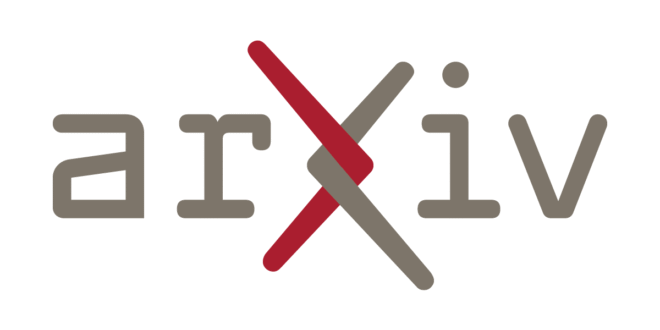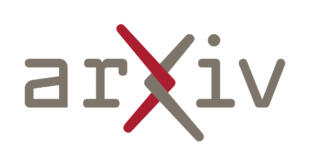View a PDF of the paper titled Statistical learning does not always entail knowledge, by Daniel Andr\’es D\’iaz-Pach\’on and H. Renata Gallegos and Ola H\”ossjer and J. Sunil Rao
Abstract:In this paper, we study learning and knowledge acquisition (LKA) of an agent about a proposition that is either true or false. We use a Bayesian approach, where the agent receives data to update his beliefs about the proposition according to a posterior distribution. The LKA is formulated in terms of active information, with data representing external or exogenous information that modifies the agent’s beliefs. It is assumed that data provide details about a number of features that are relevant to the proposition. We show that this leads to a Gibbs distribution posterior, which is in maximum entropy relative to the prior, conditioned on the side constraints that the data provide in terms of the features. We demonstrate that full learning is sometimes not possible and full knowledge acquisition is never possible when the number of extracted features is too small. We also distinguish between primary learning (receiving data about features of relevance for the proposition) and secondary learning (receiving data about the learning of another agent). We argue that this type of secondary learning does not represent true knowledge acquisition. Our results have implications for statistical learning algorithms, and we claim that such algorithms do not always generate true knowledge. The theory is illustrated with several examples.
Submission history
From: Daniel Andrés Díaz-Pachón [view email]
[v1]
Tue, 17 Dec 2024 19:51:32 UTC (143 KB)
[v2]
Tue, 26 Aug 2025 19:08:52 UTC (180 KB)
Source link
 Deep Insight Think Deeper. See Clearer
Deep Insight Think Deeper. See Clearer


